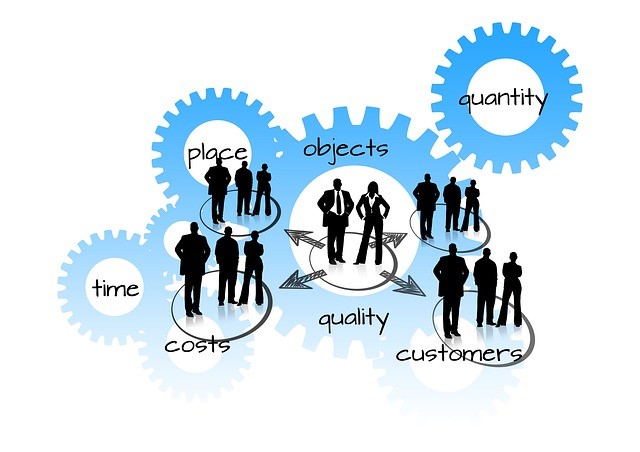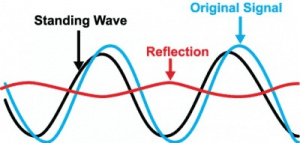For a manufacturing company, having a strong Enterprise Resource Planning System, also known as an ERP System, can be a competitive advantage. Some systems integrate with the entire business to provide Accounting, Project Management and other functions in addition to the Logistics-related functions (e.g. purchasing, inventory management). Depending on the age of your existing systems, it might make sense to create an “all-in-one” business system to meet all your needs. These are often cost-prohibitive. There are obvious benefits to having these systems communicate, and for a large business with the capital to support it, it makes every sense in the world.
For a small business with limited capital, it could make more sense to incrementally improve your systems by upgrading them separately. Depending on how much material a company consumes, the Logistics side of ERP could be the biggest efficiency gain, as it impacts purchasing, receiving, inventory control, and inputs into manufacturing. An ineffective system can lead to shortages, manufacturing delays, and potentially losing customers due to schedule slips.

Having a strong ERP system allows NuWaves to make quick-turn decisions based on up-to-date inventory data.
When looking for a replacement Enterprise Resource Planning system, there are many things to consider including regulatory requirements, integration with your other systems, ease of use, and more. There’s no one-size-fits-all system that will work for every business, though there are some things that every business needs:
· The system needs to have a robust support plan that makes sense for the business. For example, if the vendor is based on the west coast (and keeps those hours), but your company is on the east coast, you are likely to run into support issues.
· What training is available for the new system? Is it on-site or remote?
· How long does the data conversion from our existing system take? Will we lose production time?
· Does it meet the regulatory requirements of our industry?
· How easy is it to input data? Does it take more or less time than our current system?
· How does data flow between the different modules of the system?
· How do we test the systems capabilities?
These are just a few of the questions that an ERP System provider should be able to answer, and are likely relevant to any business case. The purpose of upgrading your system is to allow your company to meet your strategic goals, which likely include reducing cost and increasing efficiency.
An ERP system can go a long way towards that goal, but the system won’t solve all your problems. Before moving forward, make sure you’ve exhausted the capability of your existing system; it could be that inefficiencies are being masked by other issues like culture or communication. Converting to a new system can be costly and time-consuming, so you need to be sure the system is the right one that will propel the business forward. Learn more about us and why we believe having a strong enterprise resource planning system is important and why it makes our products like RF Amplifiers and RF Filters so successful.


